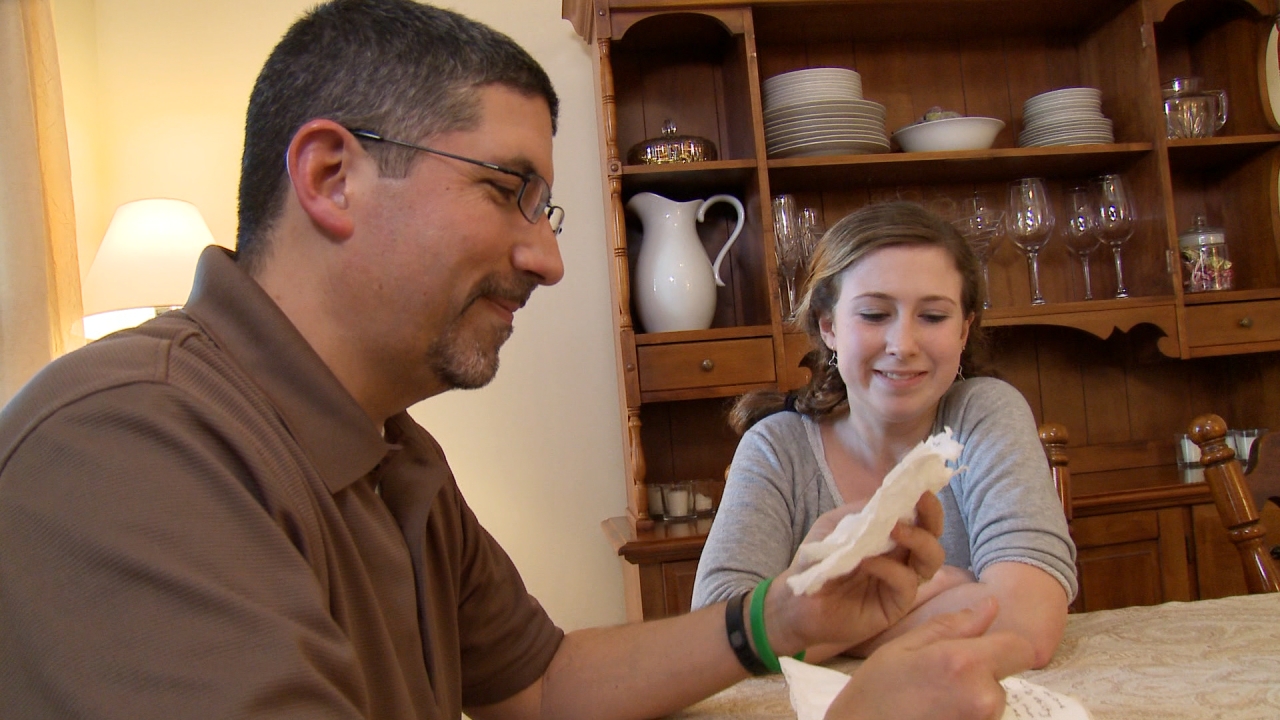Five Tips For Making a Secure Password
WGarth Callaghan
A common issue that people in the IT field are constantly dealing with is how to keep information safe. Everyone wants their information to be secure, whether it's the documents on a computer or access to their online banking or Facebook accounts. One of the best ways to keep intruders away from your data is to create strong passwords. Unfortuanely, many people do not know what it takes to make a strong password, so their risk of being hacked is even greater. Here I'll outline five quick ways to improve the quality and effectiveness of your passwords.
1) Complexity is key: "Password" is not a good password. Neither is "12345." All of the experts recommend using long passwords (the longer the better) to increase your safety. It's also highly recommended (and sometimes it is required) to use a combination of different types of characters -- upper and lower-case letters, numbers, and punctuation. Complexity is added when using them in unexpected ways. For example, the password "Dan is 5 years old!" contains upper and lower-case letters, a number, and a symbol, but is much less secure than the password "dan()1S()5()y3ars()01d!" Passwords like this might be difficult to remember at first (and are certainly obnoxious to look at) but it will beat password-cracking software that scans through every word in the dictionary when breaking passwords.
2) Don't use personal, easy to guess, passwords: It's really touching that you want to use your kid's name or your anniversary as a password, but it's one of the first things that a hacker will guess. If you still really want to use it, punch it up with more numbers, symbols, or unrelated words. I might guess that your password is "rachel," but I probably would not guess "raCHEL1997tOYtRAINS."
3) Use keyboard patterns: Passwords don't always have to be very meaningful. "zxcft6yhn" might look like nonsense and is admittedly not very easy to remember off the top of your head, but if you look at how it's typed, you'll see that it's actually a pretty simple shape on your keyboard. Again, add capital letters and symbols (maybe hold shift while moving a certain way on the keyboard?) to make this seemingly random string of characters even more complex.
4) Don't use the same password for every site: Even if you have a good password it's possible that someone will crack it somehow. If you use one password for everything, they'll have access to your email, your bank, your Facebook, your work accounts, and everything else you thought was safe. This is why it is good practice to use multiple passwords.
Often, you specifically will not be the target for a hacker -- it's usually a computer program that will break one of your passwords and try to use it on other sites. Since it would be particularly hard to keep track of ten unique passwords, you can use one "base" password and just add an identifier for the site you are using. With our last example, instead of using "zxcft6yhn" for everything, you could use "zxcft6yhnGM@IL" for Gmail and "zxcft6yhnF@CEB00K" for Facebook. Most computer software will not be able to figure out the base/identifier system, and will give up after finding that your Facebook password will not log into any banks.
5) Change passwords often: This one can be hard to do just because of the effort required. Nobody likes coming up with new passwords and changing them on every site, but it really does help keep your information safer. If someone gets your password(s), there's no telling when they will strike. By changing it fairly often it's very possible that you can stay a step ahead of them. Ideally you should be changing your password every few months, but if you change it at all you'll probably be doing better than most people. Try to set reminders to change your passwords every once in a while...it's a pain, but it's worth it.
Hopefully now you have a better idea of how to make a strong password and how to maintain it. It's ok if you want to write down your passwords at first until you really memorize them, but remember to keep it in a secure location. (Please note that a Post-It on your monitor or a notecard under your keyboard is not a secure location. You might laugh but we see it all the time.) Want to know how secure your password is, or what you can do to make it better? Check out The Password Meter to see how you're doing. Good luck, and safe computing!
